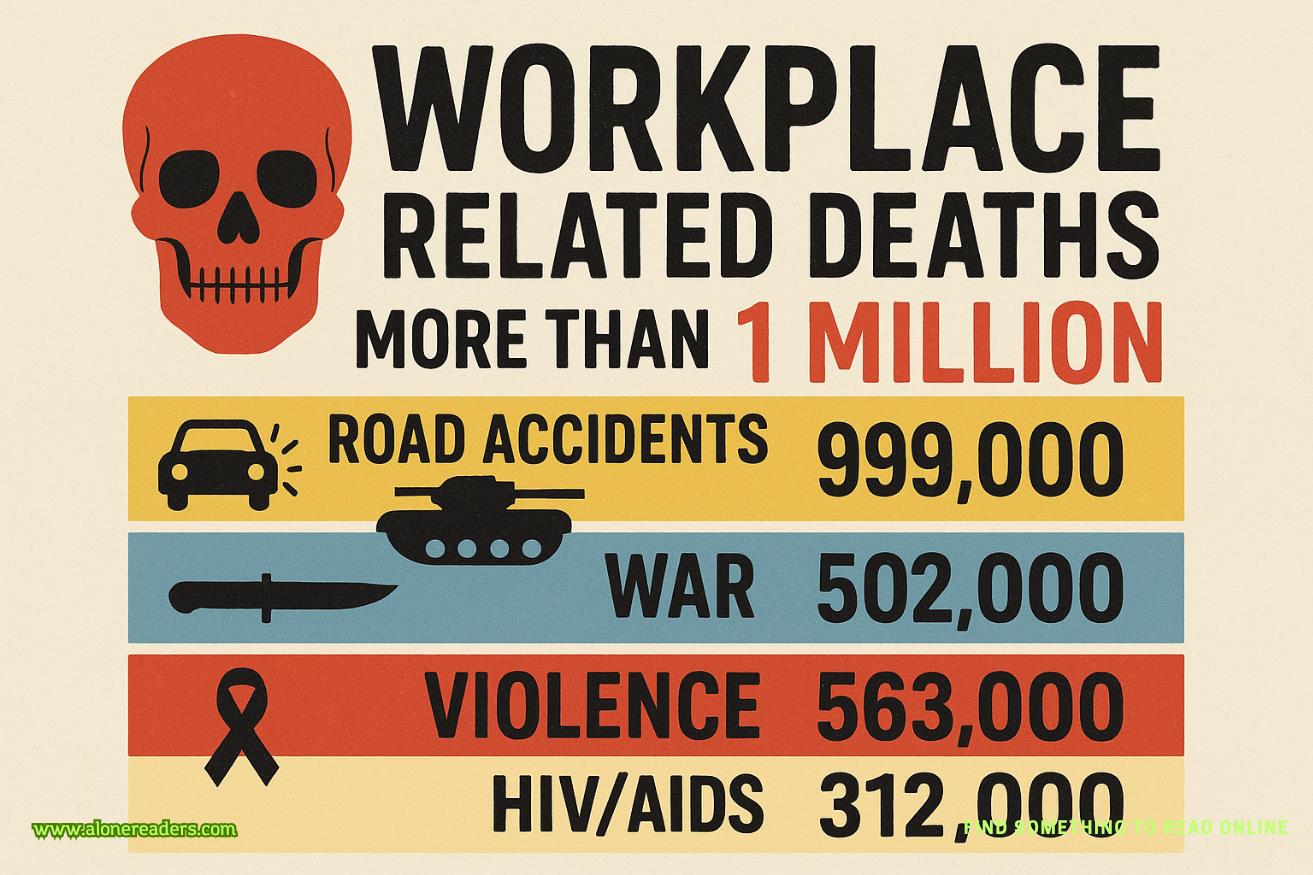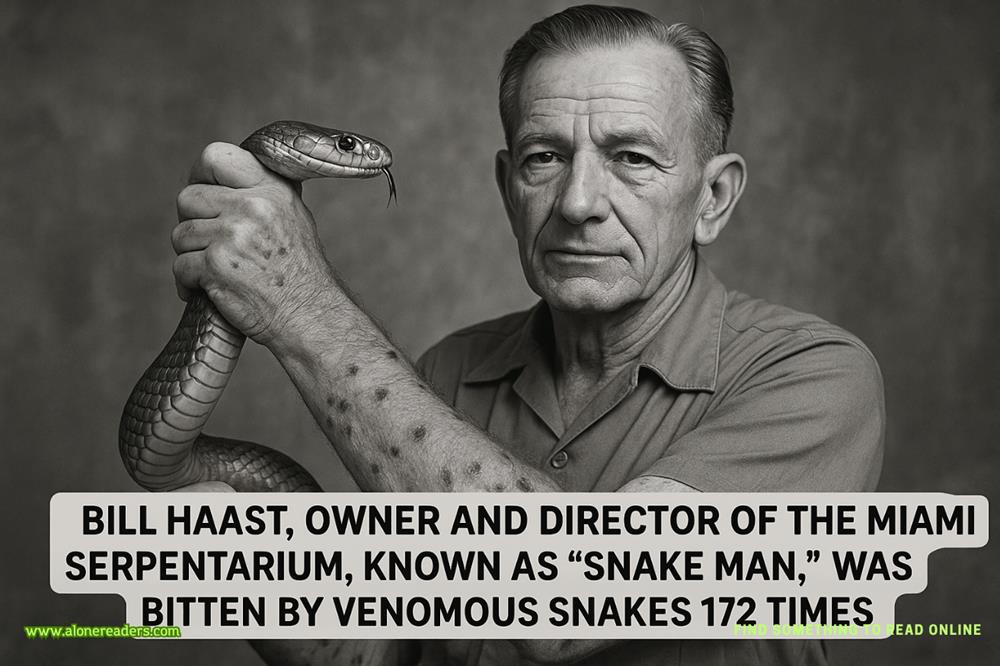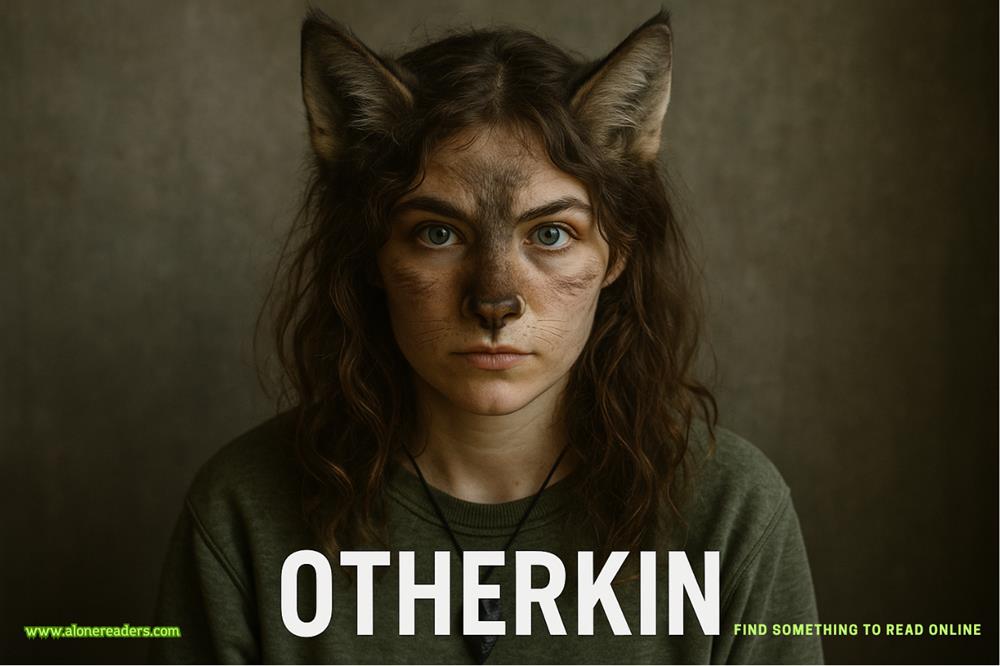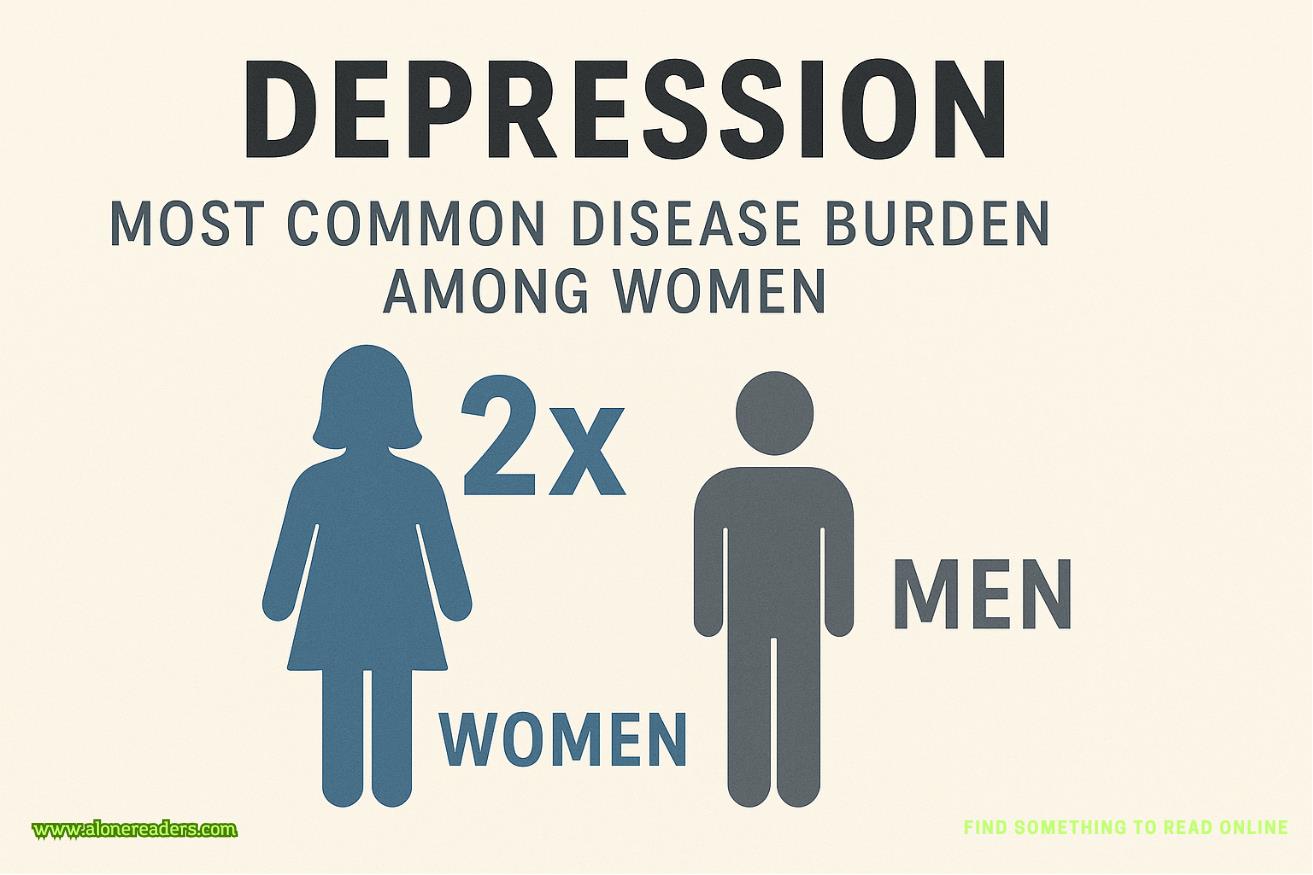I slide out of the booth, feeling numb. I reach into my purse for my wallet, pulling out a few bills. “Thanks for breakfast, May. It was … everything I hoped for.”
May waves my money away. “On the house today, honey. Consider the advice free too.” She gives my arm a squeeze. “Remember what I said. Sometimes home isn't where you started, it's where you belong. Don't let fear cheat you out offinding it.”
I walk out into the bright Alaskan morning, Nash beside me. The float plane bobs at the end of the dock, Hank waving from the cockpit.This is it. The escape hatch. The return to normalcy.
Nash unloads my suitcases from the trailer, stowing the larger ones in the plane's designated cargo hold while Hank observes. I climb into the small plane, settling into the co-pilot seat. Nash tosses my carry-on bag in behind me.
“Safe travels, Lena,” he says, his expression holding a question he doesn't voice.
“Thanks, Nash. For everything.” He closes the door and steps back onto the dock.
Hank starts the engine, the propeller sputtering to life, then catching with a roar that vibrates through the small cabin. We taxi away from the dock, turning toward the open water. The plane lifts off, climbing higher, Port Promise shrinking below us.
I look out the window, the landscape that has become familiar unfolding beneath me like a map. The winding creeks, the dense forests, the jagged, snow-capped peaks in the distance, where we were. It's beautiful. Wild. Untamed. Like what Finn stirred up in me. Like the woman I was becoming—before I let hurt and fear push me back toward the safety of what I knew.
We fly in silence for what feels like an age, though the shoreline of Port Promise remains visible behind us. Hank is humming beside me, focused on his controls. My mind replays May's words, Nash's question, Finn's face in the cave, his rejection behind the rocks, his overheard confession to Nash. She's Hollywood. I'm … this. He believes it. But do I?
“Funny thing about this place,” Hank says, his voice startling me from my thoughts. He gestures out the window with his chin. “People come here thinkin' they're escaping somethin'. More often than not, they find themselvesface to face with whatever they were runnin' from. Can't hide from yourself up here.”
His simple words, delivered in that straightforward Alaskan drawl, hit me with the force of revelation. I've been hiding for years—first behind Lena Kensington, now behind hurt and resignation. Running back to Hollywood isn't about choosing my career. It's choosing the mask. Choosing safety over the terrifying, exhilarating possibility of being truly seen, truly known. Choosing Lena over Mags.
My breath catches. My heart pounds, a frantic drumbeat.What am I doing?
“Hank,” I say, my voice trembling. “Hank, turn the plane around.”
He turns his head, surprised. “Ma'am?”
“Turn it around,” I repeat, firmer this time, conviction solidifying within me, chasing away the cold hollowness. “Take me back to Port Promise. Now.”
Chapter Twenty-Eight
FINN
My head feelslike someone split it open with an axe, then filled the crack with sand and cheap whiskey. A low groan escapes my lips as I try to shift position, but my ribs scream in protest.Where the hell am I?The gentle rocking motion beneath me isn't the solid ground of the lodge or even the less-than-solid floor of Carlos's tent. It's the rhythmic sway of water. Salt and diesel fumes assault my nostrils, mixed with the faint, familiar scent of fish. Kane's boat,Seas the Day.
Memory returns in jagged fragments. Driving the Polaris down from the lodge last night, the compass heavy as lead in my pocket, Nash's frustrated words echoing in my ears. Reaching Port Promise well after dark. Stopping by the darkened General Store, banging until Rhys unlocked it, buying a bottle of the cheapest whiskey he had. Heading for the docks after that, needing the cold bite of the salt air, the solitude of the harbor. Kane's boat was tied up empty, and I climbed aboard with my bottle half gone already. I remember settling into the wheelhouse, drinking alone, talking to myself—maybe yelling, cursing—about Hollywood actresses and bank notices and stubborn pride and the gut-deep knowing that I'dthrown away the best thing that ever happened to me. Then nothing. Blackness. Must have passed out here on the bench seat.
A roar splits the morning quiet—the unmistakable sound of a float plane engine sputtering to life, then catching. Hank's plane.Lena's plane.Panic, cold and sharp, cuts through the hangover haze, jerking me upright despite the protest from my ribs. What time is it?
I scramble up, ignoring the agony in my head, stumbling out of the wheelhouse onto the deck. The sun is well above the horizon, glinting off the water. Across the harbor, the plane is leaving the dock, its propeller churning spray as it taxis toward open water. Nine AM. Nash warned me.Hank's plane leaves at nine.She's leaving.
“No!” The word rips from my throat, raw and desperate. “Wait!” I leap from the deck ofSeas the Dayonto the dock. Adrenaline surges, fueled by pure panic. I sprint down the planks, waving. “Lena! Mags! Wait!”
The plane doesn't stop. It turns, aligning itself with the open channel, the engine noise swelling to a deafening roar. Too far away. She can't hear me. Can't see me. I keep running, stumbling, shouting her name until my voice cracks, until my lungs burn with the effort and the cold morning air. The plane lifts off the water, climbing, banking as it gains altitude, heading south. Toward Anchorage. Toward LA. Toward the life she chose.
I skid to a halt at the end of the dock, watching the plane become smaller and smaller against the vast Alaskan sky until it disappears.Gone. She's gone.Defeat hits me—cold, final—extinguishing the last of the adrenaline, leaving only pain and a gaping emptiness in my chest. I stand there gasping, leaning on the railing, the compass in my pocket dragging at me like dead weight. Too late. Too damn late. Too proud. Too scared. Too stupid.
“Well, hell,” Nash's voice comes from behind me. “Looks like you missed the boat. Or the plane, in this case.”
I turn. He's standing there, leaning against a piling, holding two steaming mugs. He must have arrived from the diner, probably witnessed the whole pathetic display. His expression is sympathetic, but there's an underlying 'I told you so' in his eyes.
“She's gone, Nash,” I say, the words tasting like defeat.
“Yep. Saw her take off.” He holds out one mug. “May sent coffee. And probably some judgment, knowing her.”
I take the mug, the warmth seeping into my cold hands. “May's always right.”
“Usually.” Nash takes a sip from his mug. “So. What now?”















